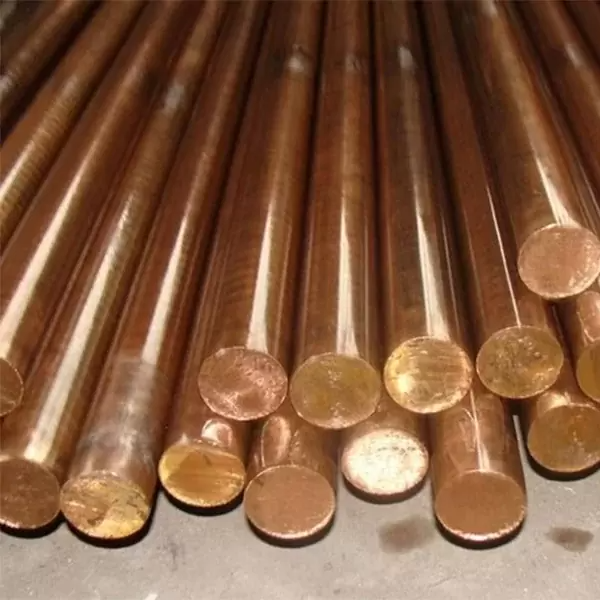What do I need to pay attention to when selecting brass products for use?
When selecting and using brass products, attention should be paid to the following key factors to ensure the suitability of the material and the reliability of the final product:
Chemical composition:
Different brass alloys contain different proportions of copper and zinc, as well as possibly other alloying elements, which can affect the material's performance.
Response: Select the right composition of brass for the application.

Mechanical Properties:
Performance indicators such as strength, hardness and modulus of elasticity of brass vary according to its composition and heat-treated condition.
Response: Ensure that the mechanical properties of the brass meet the design requirements.
Corrosion resistance:
The sensitivity of brass to certain chemicals and environmental conditions may affect its service life in a given environment.
Countermeasure: Select brass grades suitable for specific environmental conditions.
Machinability:
The hot and cold machinability of brass can affect the selection of its machining processes such as molding, cutting and welding.
Countermeasure: Understand the processing characteristics of brass and select appropriate processing methods.
Surface treatment:
The surface of brass is prone to discoloration due to oxidation, which affects its appearance.
Countermeasures: Appropriate surface treatment, such as plating or coating, to improve corrosion resistance and aesthetics.
Coefficient of thermal expansion:
Brass has a high coefficient of thermal expansion which may affect its application in temperature changing environments.
Countermeasure: Consider the effect of thermal expansion during design and select appropriate materials for mating parts.
Solderability:
The weldability of brass depends on its composition, and certain brass alloys are more difficult to weld.
Countermeasure: Use suitable welding techniques and solder.
Cost-effectiveness:
The cost of brass may vary depending on the alloy composition and market supply and demand conditions.
Response: Consider both performance and cost and select the most cost-effective brass material.
Environmental Protection and Recycling:
The production and disposal of brass may have an impact on the environment.
Response: Select environmentally friendly production processes and promote recycling of brass materials.
Standards and norms:
Brass materials should be selected in accordance with relevant national and international standards.
Countermeasures: Follow industry standards and norms to ensure product quality.
The selection and application of brass products need to comprehensively consider a number of aspects, such as the mechanical properties of the material, corrosion resistance, processability, cost and environmental impact, in order to ensure that the quality and performance of the final product meets the requirements of the specific application.
